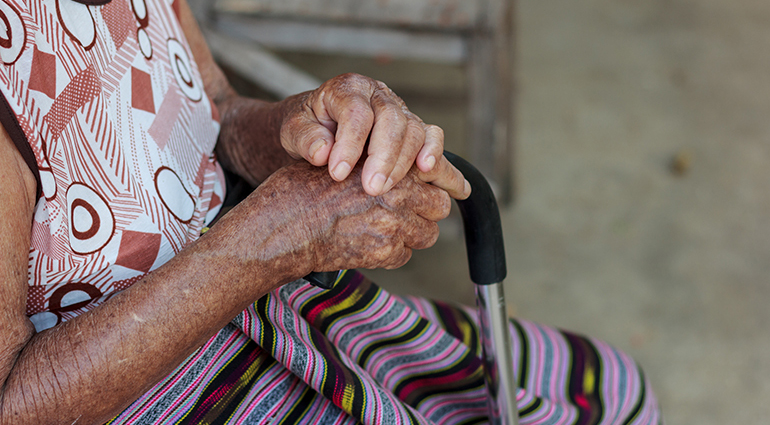Comfort Shared
Peace be with you! As the Father has sent me, I am sending you. John 20:21
“God sent you to me tonight!”
Those were the parting words from the woman standing in front of me as we exited our flight to Chicago. She had sat across the aisle from me, where I learned she was headed home after several flights in a round-trip that day. “Do you mind if I ask why you had such a quick turnaround?” I inquired. She glanced downward: “I just put my daughter in rehab for drug abuse today.”
In the moments that followed I gently shared the story of my son’s struggle with heroin addiction and how Jesus had set him free. As she listened, a smile broke through her tears. After the plane landed we prayed together before parting, asking God to break her daughter’s chains.
Later that evening I thought of Paul’s words in 2 Corinthians 1:3–4: “Praise be to the God and Father of our Lord Jesus Christ, the Father of compassion and the God of all comfort, who comforts us in all our troubles, so that we can comfort those in any trouble with the comfort we ourselves receive from God.”
All around us are people who need to be encouraged with the comfort only God can give. He wants us to reach out to them with tenderhearted compassion, to share the love He has shared with us. May God send us to those who need His comfort today!
Watch Geoff Banks’ story at ourdailybread.org/story/geoff.
INSIGHT
We honor the “God of all comfort” (v. 3) when we offer compassion to others. Who needs comfort? Ecclesiastes 4:1 says, “I saw the tears of the oppressed—and they have no comforter; power was on the side of their oppressors—and they have no comforter.” Scripture reminds us that from the victim to the oppressor, everyone needs the comfort God offers.
For further study, check out the free course Soul Care Foundations I at christianuniversity.org/CC201.









